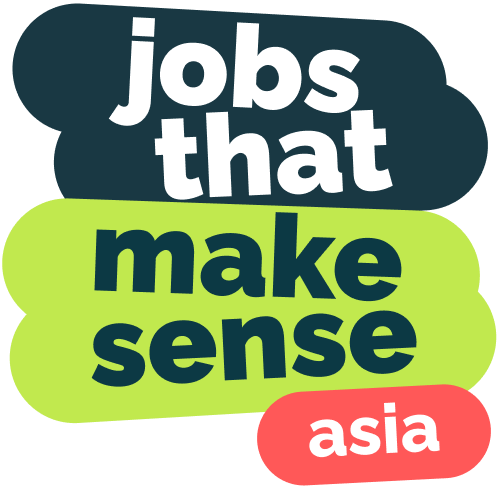6 things you're missing out on not writing cover letters
The overlooked secret to standing out in job applications
When applying for a job, most candidates focus solely on their resumes, overlooking the potential of a well-crafted cover letter. Yet, some applicants manage to break through the noise and land interviews because their cover letters add depth to their applications. While cover letters may seem outdated, they still play a crucial role in many hiring decisions. Let’s dive into real perspectives from hiring managers and job seekers to understand what makes cover letters effective and how you can use them to your advantage.
Some hiring managers still read cover letters—and they matter
Not all recruiters ignore cover letters. Some hiring managers actively read them to gauge a candidate’s motivations and personality beyond their resume. One hiring manager shared, “I read cover letters because they tell me why a candidate wants this job, not just any job.” A cover letter can help you make a compelling case for why you’re the right fit, especially if your resume alone doesn’t fully communicate your enthusiasm or alignment with the role.
A well-written cover letter can fill in the gaps
Resumes don’t always tell the full story. One recruiter noted, “Sometimes a cover letter helps explain employment gaps or career changes.” If you’re switching industries, relocating, or have an unconventional career path, a cover letter gives you the space to clarify your situation in a way that a resume cannot. Rather than leaving hiring managers guessing, take control of your narrative and use your cover letter to provide context.
Personalization makes a difference
Generic applications rarely stand out. “It’s great to read a cover letter from a candidate who went the extra mile to show interest in our company,” shared another hiring professional. Taking the time to personalize your cover letter—mentioning the company’s mission, values, or recent projects—can make a recruiter pause and pay attention to your application. Hiring managers appreciate candidates who demonstrate genuine enthusiasm for the role.
If the job matters to you, take the extra step and submit a cover letter. It won’t hurt your chances, and in some cases, it could be the reason you get an interview.
Cover letters can set you apart from the competition
One job seeker explained, “My resume was almost empty, but my cover letter helped me land multiple jobs.” Even if you lack extensive experience, a strong cover letter can showcase your potential, work ethic, and passion. If you’re early in your career or pivoting industries, your cover letter can highlight transferable skills and relevant experiences that may not be obvious from your resume alone.
Not every recruiter requires a cover letter, but it never hurts
Hiring preferences vary. Some recruiters won’t read cover letters, while others consider them a deciding factor. “I’ve gotten jobs without a cover letter, but I’ve also been told that my cover letter made all the difference,” one candidate shared. The safest approach? If the job matters to you, take the extra step and submit a cover letter. It won’t hurt your chances, and in some cases, it could be the reason you get an interview.
The data supports the value of cover letters
According to research by Tom Jendriks of Flair HR:
- 47% of job seekers write cover letters.
- 26% of recruiters always read cover letters and factor them into hiring decisions.
- Including a cover letter increases hiring managers’ attention to an application by 38%.
- 45% of recruiters say a missing cover letter could lead to rejection.
These statistics reinforce the idea that while not every recruiter prioritizes cover letters, a significant portion still considers them valuable.
Cover letters can be the deciding factor
The takeaway? Cover letters are not a waste of time. They provide an opportunity to tell your story, showcase enthusiasm, and set yourself apart from other candidates. While not every hiring manager will read them, many do—and when done right, a cover letter can make a lasting impression. If you truly want a job, take the extra step. It might just be the key to landing your next opportunity.
👉🏻 Find job opportunities in Southeast Asia
👉🏻 Electrify: Key takeaways from a panel discussion on renewable energy and social justice
👉🏻 What 2024’s green jobs boom can teach you about career transitions

